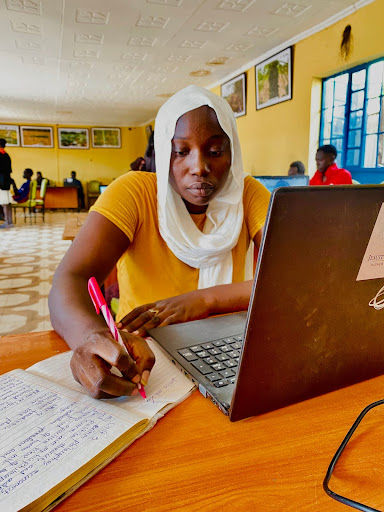Are refugee communities predominantly most vulnerable during this Coronavirus pandemic?
- Aug 29, 2021
- 2 min read
The corona virus (COVID 19) continues to spread over not only Europe but the entire world, escalating into an uncontainable pandemic. The vulnerability of the already risky survival of refugees has only been heightened due to the virus and, sooner or later, the severity of their situation will become more widely apparent.
The most pressing concern arises from refugee camps where dreadful living conditions pose many problems. If action isn’t taken now, the corona virus will devastate refugee communities further. As much as no one is safe from the deadly grip of this coldhearted pandemic, some groups are more at risk than others; and refugees in the camp are one of them.
Taking a look at the Kakuma refugee camp, the following are a key factor behind the severe risk.
a. Overcrowded places.
With self-isolation being key to stopping the spread of the virus, it is no doubt extremely difficult to accomplish this on an overflowing camp like Kakuma with a population density of close to 13000 per km2 [1]. This camp is anything but spacious.
b. Inadequate healthcare
The refugee community in Kakuma camp has only basic healthcare available to them. With such kind of situation, it's only best if preventive measures are put in place as any trace of infection from this virus could be fatal.
c. Inadequate water and poor sanitation
As evident, water is the greatest element in corona virus prevention. Kakuma is located in a semi-arid region, water is a precious commodity and sometimes had to come by.
Resilience Action international has shifted its effort towards preparation and mitigation. We are doing a community sensitization in the Kakuma refugee camp on the importance of keeping social distance and frequent washing of hands. We have also positioned hand washing stations in our campus and E-learning HUB. We are also making arrangements with our partners to gear the effort a notch higher. We are looking into using our tailoring sector to produce face mask which will be distributed in the camp as much as providing more water stations for washing hands in the community.



Comments